Latest News
Over K7,000 Worth of Goods Seized in Kaoma and Kalumbila Districts
2022-06-03
The Competition and Consumer Protection Commission (CCPC) in partnership with a joint team of health inspectors from Kaoma and Kalumbila Town Councils (KKTCs) have seized assorted expired goods worth K7,856 during inspections conducted in Kaoma and Kalumbila districts of Western and North-Western provinces respectively. The inspections were conducted on 23rd and 30th May, 2022 in 21 trading premises of Kaoma and Kalumbila Central Business Districts (CBDs).
The seized goods include assorted carbonated drinks, biscuits and cosmetic products among others. The goods were expired and therefore not fit for human consumption. Selling or offering for sale products not fit for purpose or expired is against the Competition and Consumer Protection Act (CCPA) No. 24 of 2010 as well as the Food and Safety Act No. 7 of 2019.
In light of this, the CCPC and its partners wish to warn all suppliers, retailers and distributors to seize selling unsuitable products which have exceeded their shelf life.
Traders are also advised to abide by the law and desist from engaging in unfair trading practices or any conduct that erode consumer welfare.
CCPC and its partners will continue working together in their quest to ensure that consumers are protected in Zambia through enforcement of their respective mandates.
Meanwhile, consumers are advised to be proactive and report perpetrators of such unfair trading practices by calling CCPC’s toll-free line 5678 or visiting any of its offices located countrywide or any nearest local council.
Rainford Mutabi
Goods Worth Over K18,000 Seized in Chinsali District
2022-05-27
Assorted goods worth K18,654 have been seized in Chinsali district by a joint team of inspectors from the Competition and Consumer Protection Commission (CCPC), Chinsali Municipal Council (CMC) and Ministry of Health (MoH). The inspections covered 26 business outlets at Chinsali’s Central Business District (CBD) in Muchinga province and were conducted on 10th to 12th and 19th May, 2022 respectively.The assorted products seized include foodstuffs and cosmetic items such as carbonated drinks, milk, butter, body lotion and hair products among others. The goods were expired and therefore not fit for human consumption. Selling or offering for sale products not fit for purpose or expired is against the Competition and Consumer Protection Act (CCPA) No. 24 of 2010 as well as the Food and Safety Act No. 7 of 2019.
In light of this, the CCPC, CMC and MoH wish to warn all suppliers, retailers and distributors to seize selling unsuitable products which have exceeded their shelf life. Traders are also advised to abide by the law and desist from engaging in unfair trading practices or any conduct that erode consumer welfare.
Further, in a quest to ensure trader’s compliance with the law and consumer protection in Zambia, CCPC, CMC and MoH will continue working together and enforcing their respective mandates.
Rainford Mutabi
Warning Against Fake Facebook Account
2022-04-20
The Ministry of Commerce,Trade and Industry wishes to warn the public against a fake Facebook account claiming to be that of the Minsitry. For more information, read the Full ArticleChipoka Mulenga, MP
Job Adverts
2022-04-11
The Competition and Consumer Protection Commission (CCPC) is a statutory body under Ministry of Commerce, Trade and Industry. The CCPC was established under the Competition and Consumer ProtectionAct (CCPA) No.24 of 2010 of the Laws of Zambia.
Its Mission Statement is to safeguard and promote economic welfare by prohibiting anti-competitive and unfair business practices in Zambia.
In order to align its operations to good governance practices, the CCPC wishes to recruit for the following positions: Job-Adverts.pdf (ccpc.org.zm)

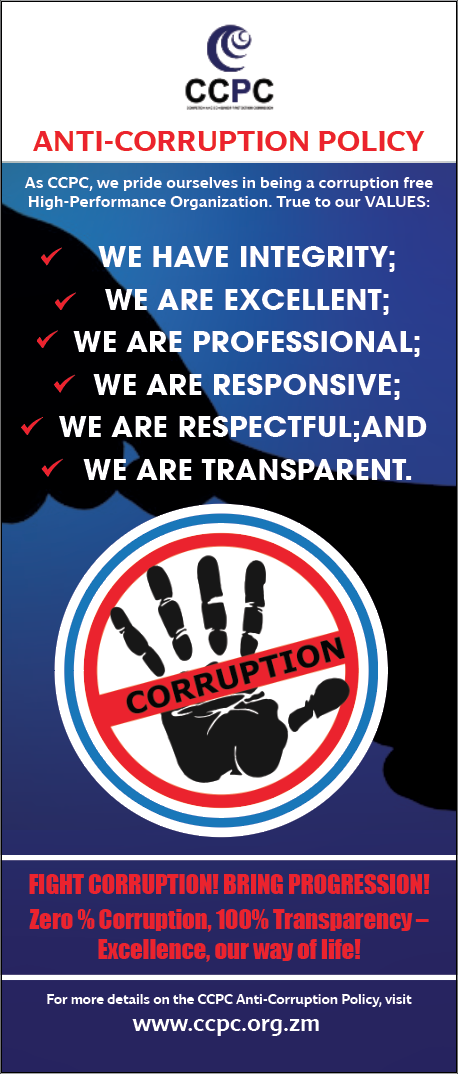
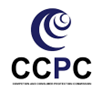
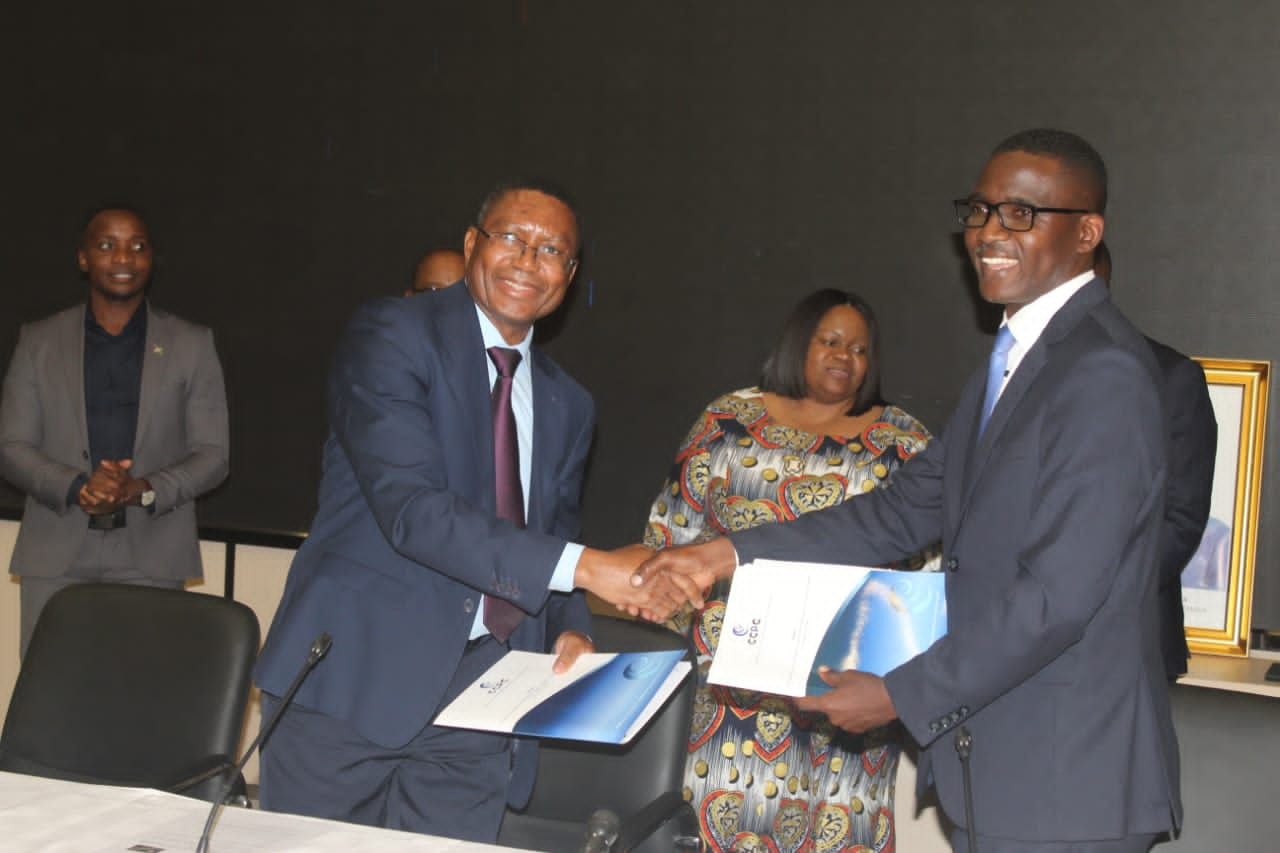
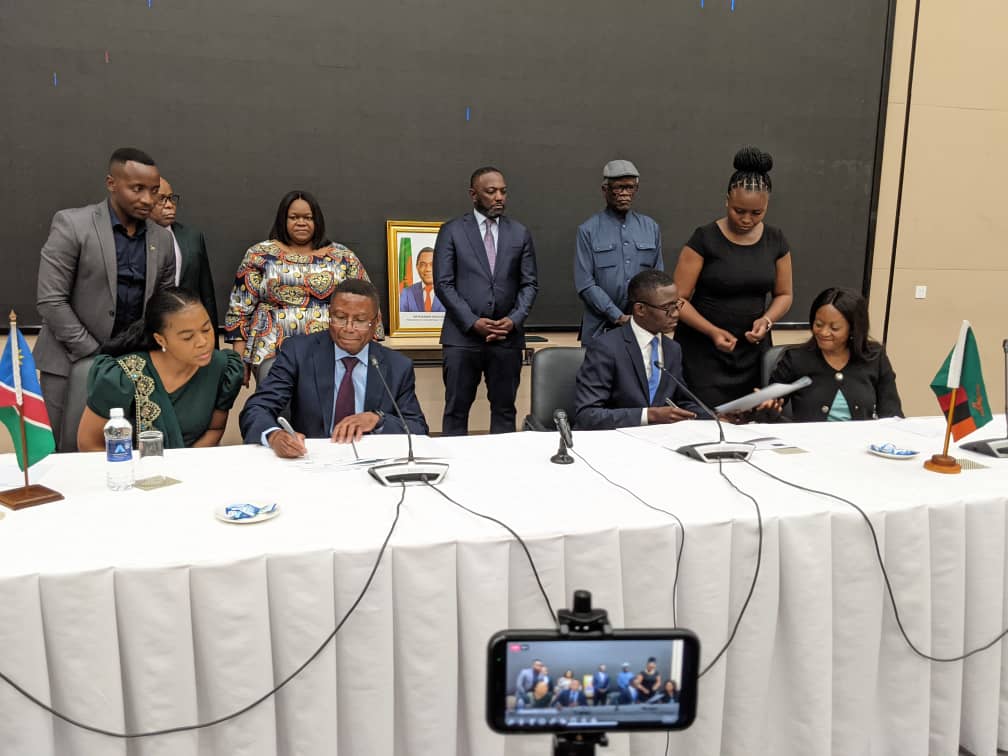
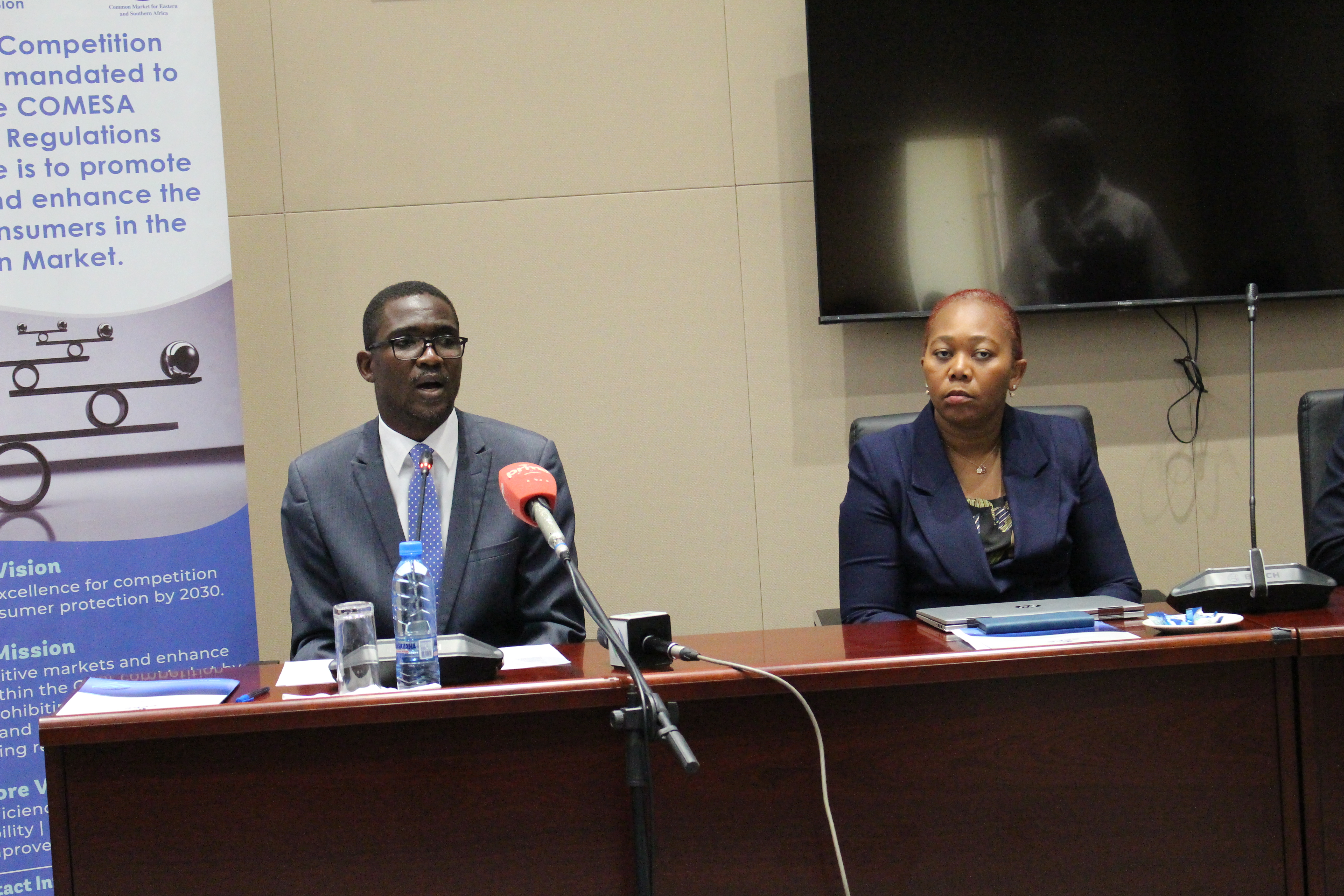
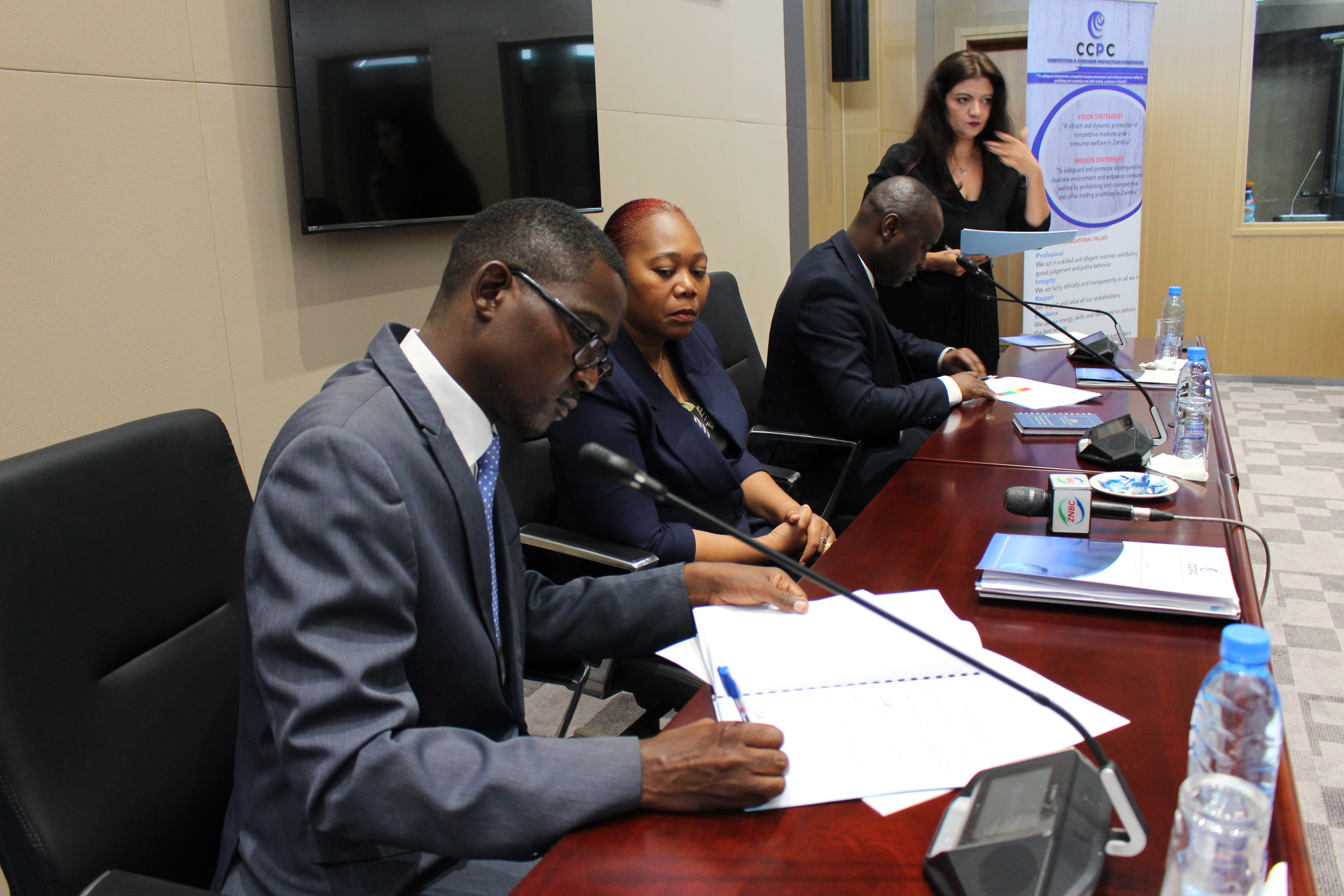
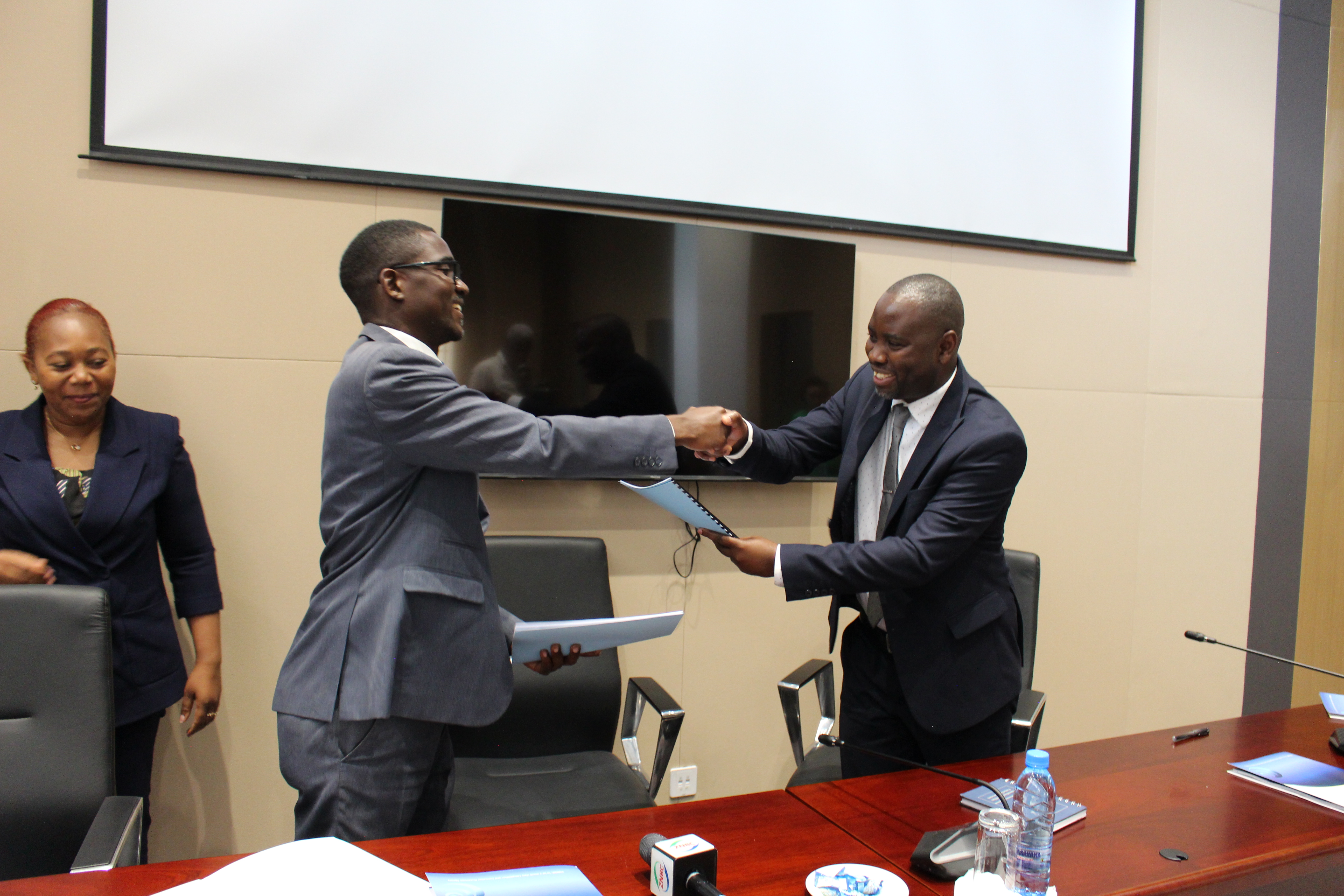
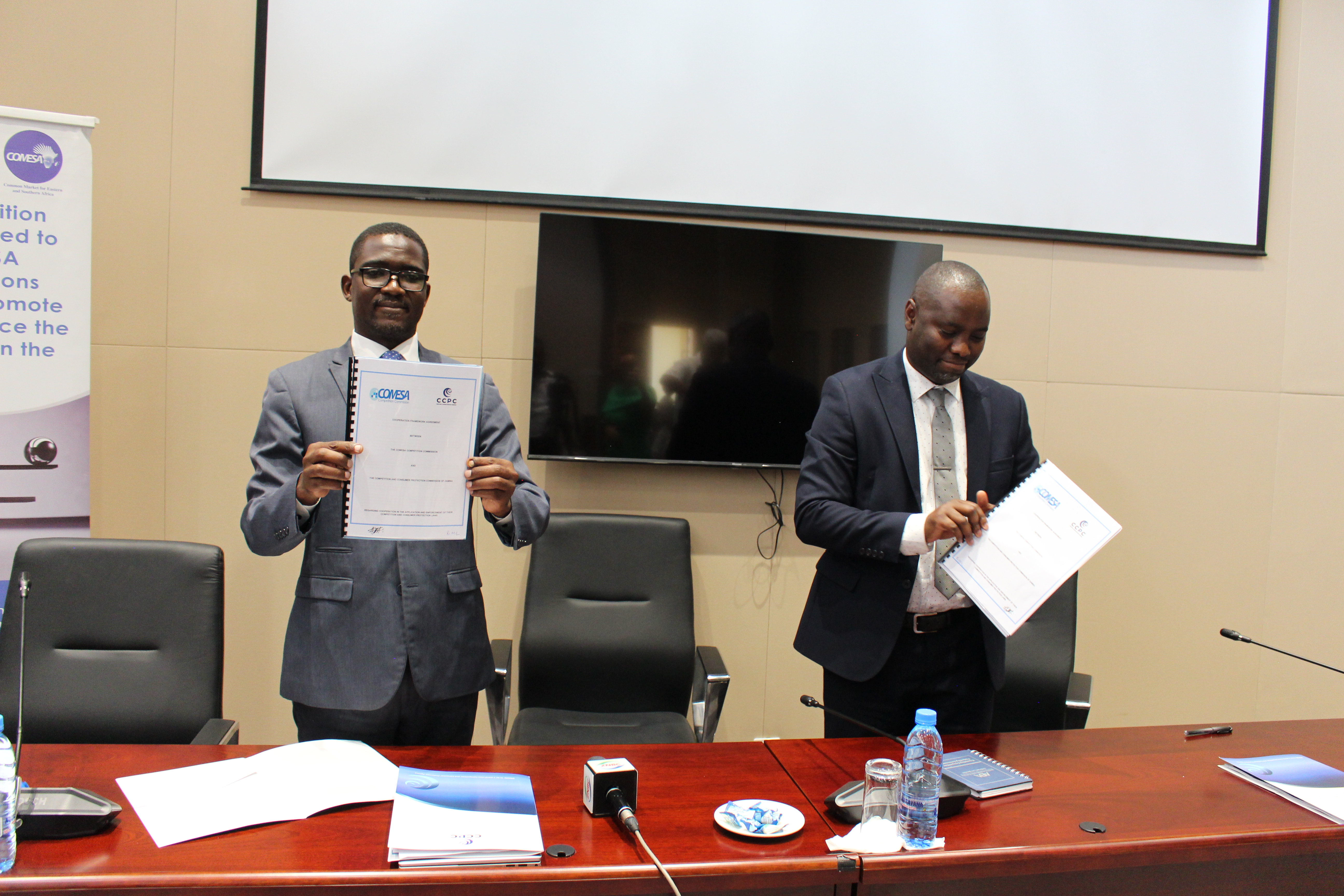
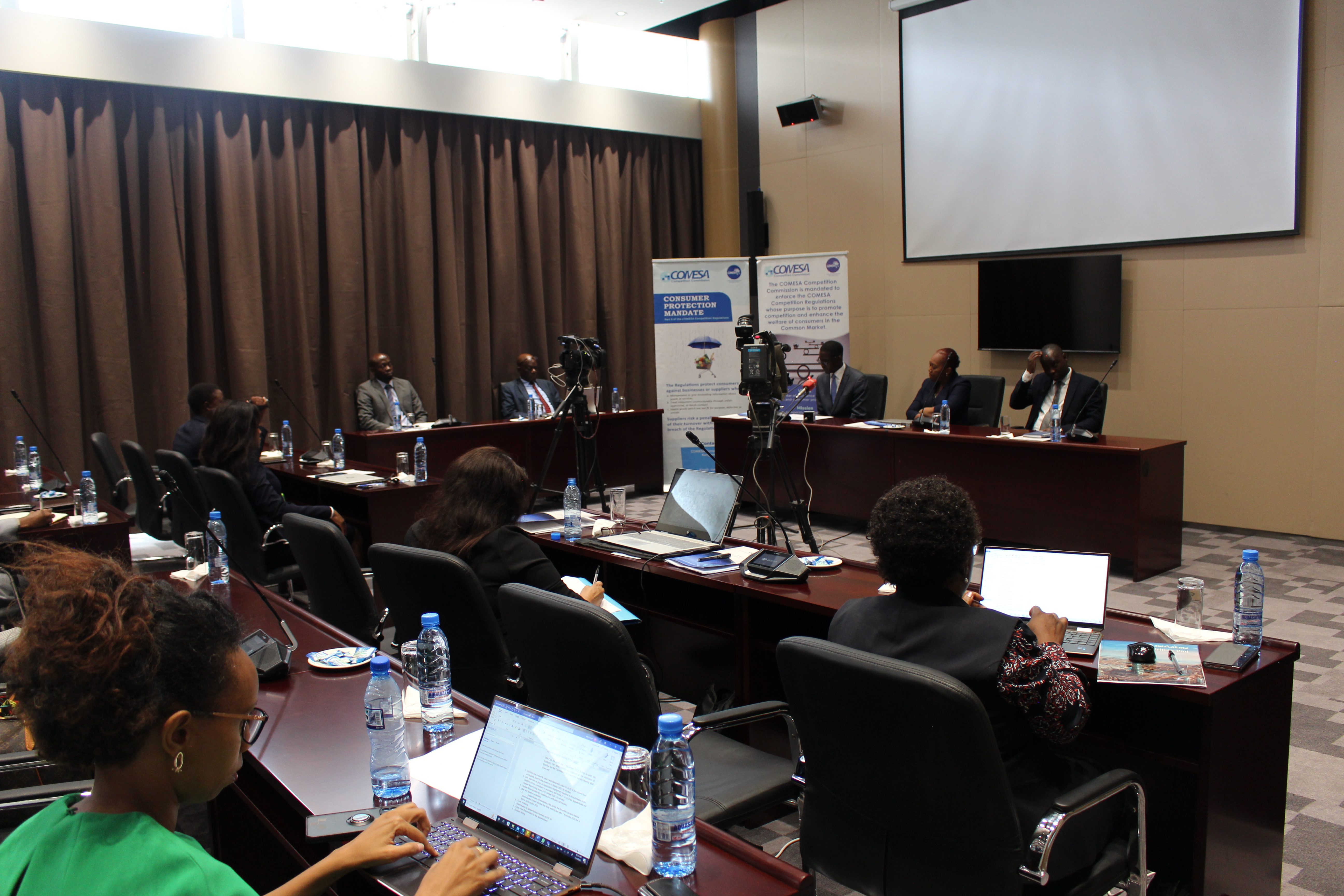
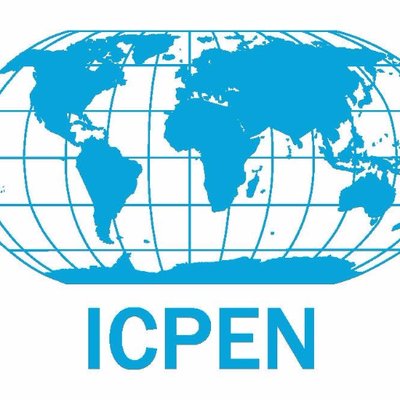 International Consumer Protection
International Consumer Protection